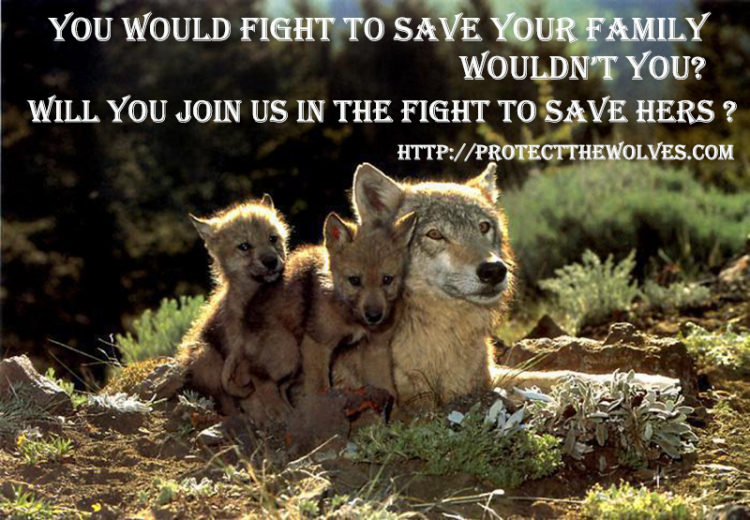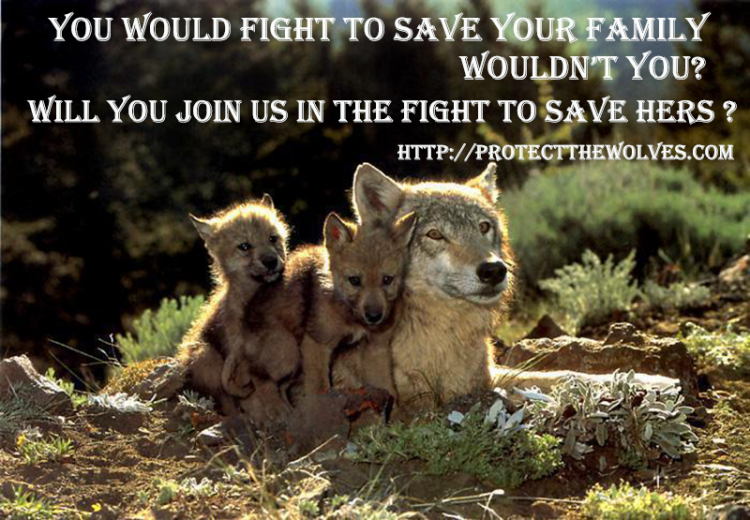
Stakeholder Engagement in Wildlife Management: Does the Public Trust Doctrine Imply Limits?
Protect The Wolves™ needs your help to insure that special interest groups like Ranchers and Hunters are removed from Washington States Wolf Advisory Group. They clearly did not have a clue how to set up the Wolf Advisory group when they did so. It is generally accepted that the principles of fiduciary trust management apply to the Indian trust as well as public trust doctrine, and as such,trust administrators are expected to maintain an arm’s-length relationship with beneficiaries as a condition (Clearly with Ranchers and Hunters Appointed to WAG, they are disregarding the Trusts mandates) for remaining objective in decision-making (Horner 2000, American Law Institute 2003)
The Recent evolution of the wildlife management institution in the United States includes adoption of good governance principles, which WDFW is clearly blatantly disregarding wherein stakeholders expect and are provided opportunities for input and involvement in making decisions about public wildlife resources.
Concurrently and perhaps paradoxically, All state wildlife agencies are encouraged to operate with fidelity to not only the public trust doctrine and the principles of public trust administration, but The Indian Trust as well which may require trust administrators (i.e., appointed commissioners and public wildlife managers) to keep trust beneficiaries (i.e., theoretically all citizens, but especially special interests) at arm’s length WDFW obviously has their Wolf Advisory Group filled with special Interest Groups(i.e., restricted from having undue control) with respect to directly influencing decision-making.
In addition, public trust administration includes We as an Indigenous People as well as citizens need to take the responsibility for holding trust administrators accountable and require the government to provide citizens recourse for doing so.
In practice, however, accountability typically is achieved through political influence or litigation, both routes antithetical to efficient public trust resource administration. This set of potentially conflicting expectations—practicing good governance through citizens’ engagement in wildlife decision-making processes, limiting beneficiaries’ direct influence on decisions of trust administrators, and citizens’ responsibility for holding trust administrators accountable—creates an apparent conundrum for state wildlife agencies. Ranchers like Don Dashiell, as well as State Cattle Rancher Associations clearly have no place advising the State how to manage our Trust Resources.
Public wildlife managers are mandated by the Trusts to perform their responsibilities with due diligence to the combined expectations and requirements of good governance and the Indian Trust as well as the public trust doctrine.
Please see an Additional Source for Our Trust Administrators Requirements. http://www.academia.edu/10492391/Stakeholder_engagement_in_wildlife_management_Does_the_public_trust_doctrine_imply_limits
An Additional Cite https://scholars.opb.msu.edu/en/publications/stakeholder-engagement-in-wildlife-management-does-the-public-tru-3
